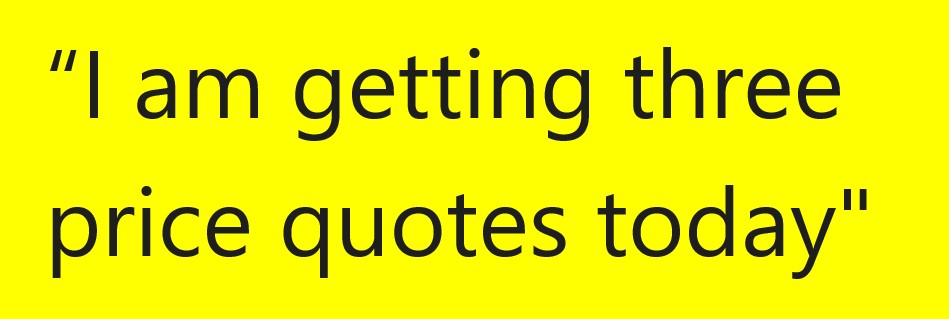Today I’ll look at the work of Uri Gneezy and John List. Specifically their book, The Why Axis. These are very well respected scholars and they are strong proponents of more real-world testing. Today I most want to highlight the idea that there are very sizable costs of not experimenting.
Business Managers Under-Experiment
The authors are keen to emphasize that business managers do not do enough tests. What is more, there are high costs to not experimenting.
Often, businesspeople think that running experiments is a costly undertaking but we believe it’s prohibitively expensive not to experiment. How many product and pricing failures can be laid at the feet of insufficient investigations and tests?
Gneezy and List, 2013, page 16
The Costs Of Not Experimenting
We politely explain that every day they set suboptimal prices, place ads that do not work, or use ineffective incentive schemes for their workforce, they effectively leave millions of dollars on the table.
Gneezy and List, 2013, page 217
The point being that lack of knowledge is very costly. Though it can be hard to know that you don’t know something this doesn’t stop your lack of knowledge from hurting you. In business terms, it is better to spend some money on a test that gains you a lot in the long run than remain ignorant. Of course, if you never spend on tests you never need to hear that you are wrong but that isn’t a wise course of action.
Experiments That Matter
One of the things that is most impressive about their work is that the experiments clearly matter. They are both well done and have real-world consequences. For example, their tests in schools clearly have potential to make a big difference to future generations. They want to answer big questions, such as how do we encourage students to get an education? They also ran experiments related to Disneyworld which I would love to do. This was on how pricing could be used to impact sales and donations to charity.
Doing work in the real world sometimes requires compromises with reality. Some academics might worry that our understanding of the concepts get loosened to make the experiment work. It is a worry. Still, I’d accept that criticism more if all academics did was real-world experiments. Academics hardly do any such work. I think we need many more real-world experiments before we need worry too much, in aggregate, about being too practical.
Seven Words To Save You Money
They give a range of practical advice. Probably the most easily applicable is when you are shopping for a car you need to look like you know (or will soon know) the market and are willing/able to shop around. As such they suggest uttering seven simple words.
I am getting three price quotes today.
Gneezy and List, 2013, page 217
Why not try it? It should more than pay back the cost of their book. (Remember there are costs to not experimenting with ways to save you money.)

By Our Standards
They had some fascinating examples from around the world of different social structures. That said, I might push back a little on them for being a bit wet. They argued that they had found a society where men were not allowed to make major decisions that impacted their lives. Assuming this is a true description I found their discussion a little lacking. They said “by our standards, of course, it seemed unfair…” (Gneezy and List, 2013, page 50). I would argue that you can, indeed you should, drop the ‘by our standards’. Ideas of fairness do differ between people. Still, philosophically I don’t think we should totally abandon the idea of objective standards of fairness. People should be able to make their own decisions.
A less weighty comment was I noticed that they (in 2013) felt the need to explain who Kayne West was. If you still don’t know him then read this book to find out. And if you do know why not read the book anyhow.
For more on the benefits of testing see here, here and here.
Read: Uri Gneezy and John List, 2013, The Why Axis: Hidden Motives and the Undiscovered Economics of Everyday Life, Public Affairs
